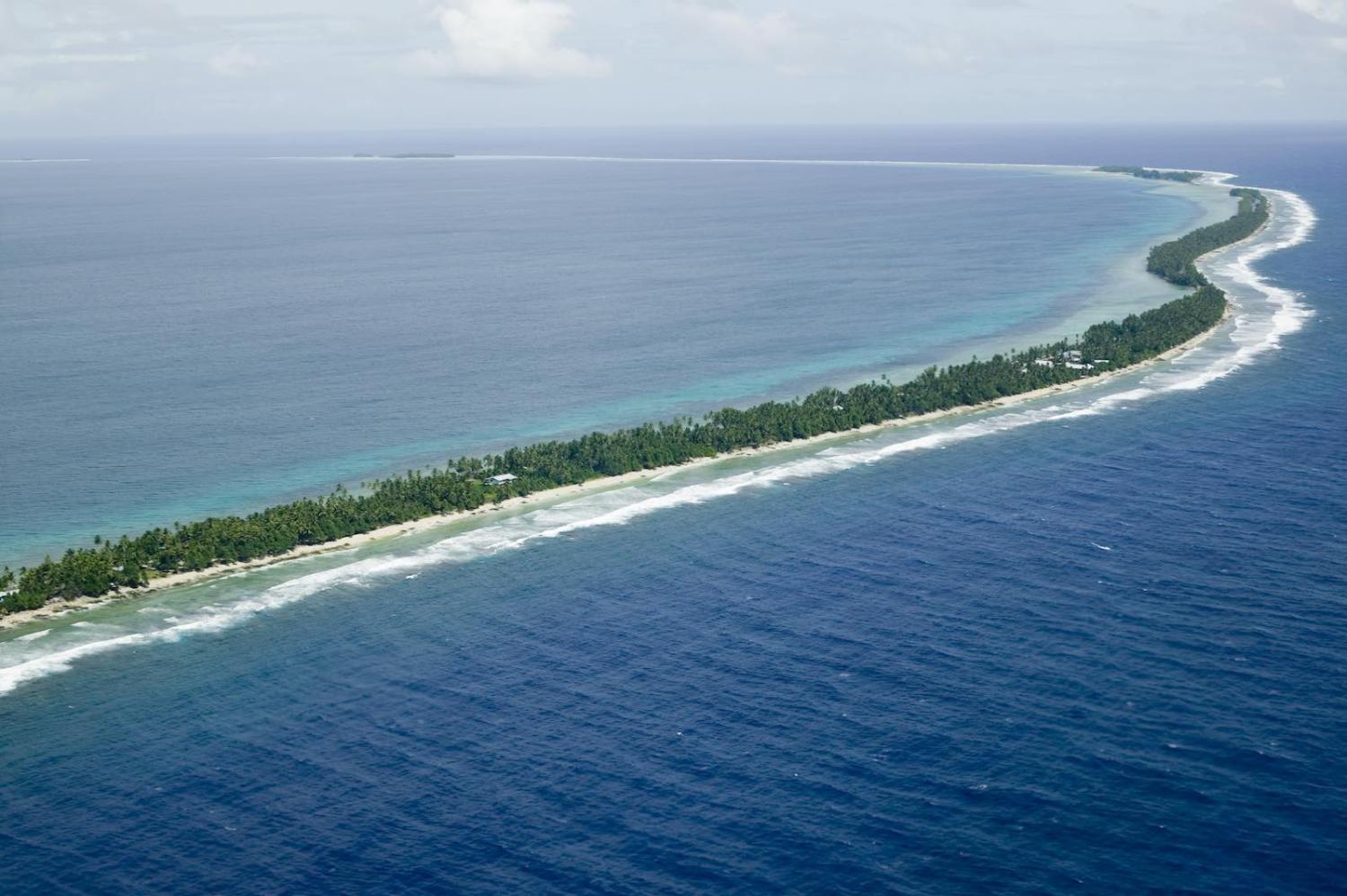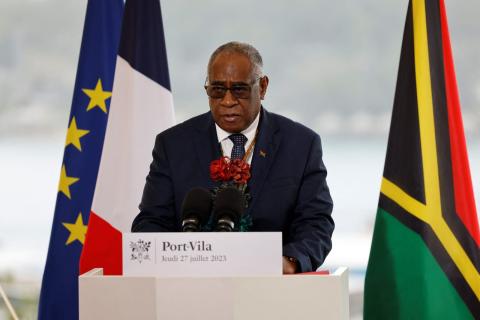Following the publication of this article I have written an apology.
The bloc of Micronesian nations have had a toddler’s tantrum after missing out on their choice to be the next Secretary General of the Pacific Island Forum. “But it was my turn!”
So off stomps Nauru – protectorate of Australia’s interests for combating boats of asylum seekers, a nation with such a history of commitment to diplomatic due process it was only a decade ago willing to trade international recognition of Russian “liberated” territories South Ossetia and Abkhazia for a handful of Kremlin coins.
Marshall Islands similarly pokes out its tongue, miffed that the PIF will be led by the Cook Islands’ Henry Puna instead of its own candidate and present UN ambassador Gerald Zackios. We know already that ambassadorial jobs are hotly contested by Marshall Islands – after all, in 2014 it was so keen as to nominate a Hezbollah-linked former Lebanese general to be its delegate to the Paris-based UN Educational, Scientific and Cultural Organisation, only to rather quickly change its mind when word leaked.
But it’s surely churlish to bring up these pesky governance questions of the past. The PIF region likewise doesn’t seem too bothered that it persistently lags on most development measures and has an abysmal record of women’s representation in politics, the lowest in the world. Rotating the leadership between the sub-regions must be more important than, you know, measures of personal competence. Plus, I’ve heard Henry Puna sing to the assembled leaders of the Pacific at the 2012 PIF meeting on Rarotonga while he was prime minister, and he can really belt out a tune.
If the vaunted “unity” of the Pacific is really so fragile to fall apart over a job application, what chance does the Forum have to confront true challenges – like climate change?
Yes, I’m being deliberately disdainful. And rude. Condescending, even. But I want to drive home a point. If the vaunted “unity” of the Pacific is really so fragile to fall apart over a job application, what chance does the Forum have to confront true challenges – like climate change?
Australia’s Marise Payne said on Tuesday morning she appreciates the “robust contest” for the region’s top job has left some bitter disappointments (see Jonathan Pryke’s excellent summary). But Payne also pledged that Australia would continue to have a “close partnership” with each of the Micronesian nations, along with the Forum itself. “The whole Blue Pacific is important to us,” she told ABC radio.
Of course it is. But reducing the number of members in the PIF could actually make life easier for Australia. Rather than waiting on a disparate grouping to herd itself towards a common position, a streamlined organisation might push beyond an aversion to making hard decisions, or at least tackle practical responses. Or it can be sidelined altogether, to work with the countries individually. Either way, that might also allow Australia to cooperatively address its own contradictions with respect to global warming.
There is no need to be too polite here. The imprimatur of the Forum only has value if the members themselves put store in it. Otherwise, keeping it on life support creates just another diplomatic “zombie”.
Many judgements about this latest bust-up will centre on China and concern about great-power competition taking hold in the neighbourhood. Of the absconding members, Palau, the Federated States of Micronesia and Marshall Islands are all in a Compact of Free Association with the United States. Nauru effectively, if not formally, has the same arrangement with Australia. Kiribati’s recent switch to China in the diplomatic contest with Taiwan will be a special focus, but those stakes go beyond the shenanigans of regional architecture.
The Pacific island nations are right to emphasise their own agency. If pulling out of the clubhouse is exercising it, so be it. All this proves is they’ve some growing up to do.


